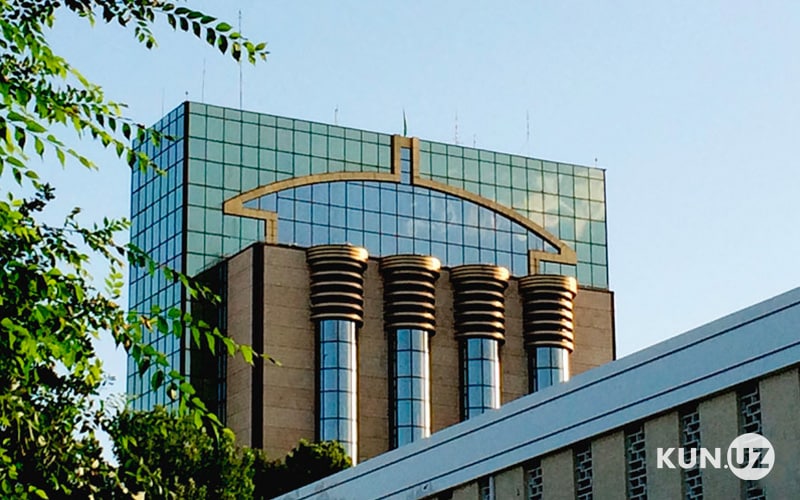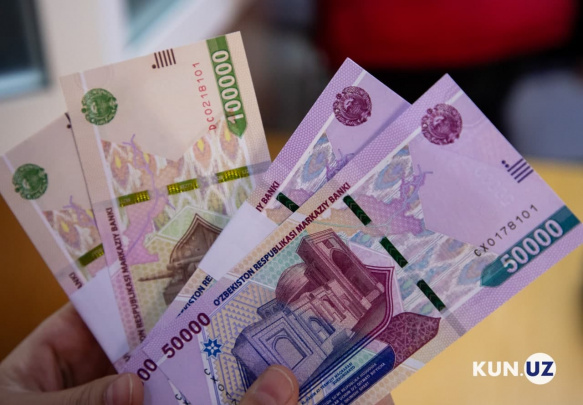Central Bank analyzes how the exchange rate affects prices
The Central Bank of Uzbekistan in its review of monetary policy in the first quarter analyzed the impact of the exchange rate on prices.

Photo: Kun.uz
The exchange rate can affect inflation directly through changes in the prices of imported final products, and indirectly through changes in the prices of imported raw materials in production.
In the analysis, an acceleration of core inflation was observed with a sharp change in the exchange rate, while in some periods the change in the exchange rate was affected by certain delays.
Change in the base exchange rate and inflation over the months (in percent)
According to preliminary results, the depreciation of the exchange rate by 1 percentage point will accelerate core inflation by 0.28 percentage points in the long run.
When this effect was analyzed on the core inflation components, the highest impact was reflected in food prices, which was 0.42 percentage points. The long-term increasing effect of exchange rate fluctuations on basic non-food products and services was relatively small, forming between 0.18 and 0.16 percent, respectively.
The increasing pressure of the exchange rate on basic foodstuffs is primarily due to the fact that these products are inelastic (demand does not change even if prices change) and have a high share in the structure of household consumption expenditures (average 40-50%).
Also, due to the high share of imports in the main types of consumer goods in the domestic market (vegetable oil, wheat flour, sugar, meat products, potatoes, etc.), food prices are formed in response to changes in exchange rates.
In March, the soum depreciated sharply, and within a week and a half (from March 9 to March 18) it fell by 6.1% of its value – from 10,897.27 soums to 11,571.99 soums. In order to stabilize the exchange rate and reduce inflation expectations, on March 17, the Central Bank raised the exchange rate from 14% to 17%, since then the soum has appreciated by 430.19 soums or 3.7%.
Due to changes in the external situation and, accordingly, trends in domestic markets, the annual inflation rate rose from 9.7% in February to 10.5% in March and formed above the Central Bank’s forecast trajectory.
Core inflation, which is being studied by the Central Bank, was in a declining trend from January to February this year, reaching 9.1% in March. At the same time, the contribution of core inflation to total inflation increased to 6.9 percentage points.
Related News

20:24 / 20.02.2026
Central Bank survey shows downward trend in public inflation expectations

18:00 / 18.02.2026
Inflation expectations in Uzbekistan drop to 11.2% as January optimism returns

10:54 / 17.02.2026
Annual inflation in Uzbekistan slows to 7.2 percent

16:22 / 16.02.2026



